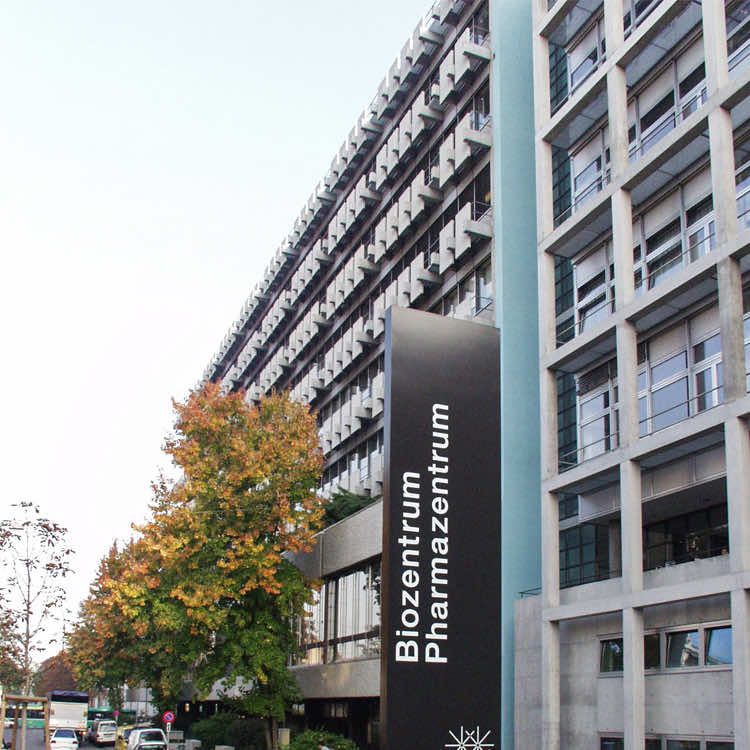Ecology




Tuition

Duration

Admissions Deadline

Location
Profile
Within the Basel life science program, the Department of Environmental Sciences and its associates offer this comprehensive Master course for graduates with a background in biology or environmental sciences. The course builds upon the strength and leadership in functional ecology and conservation biology of the associated institutes and covers plant and animal sciences as well as ecosystem sciences. Course modules cover a wide spectrum of plant and animal ecology, ecosystem science and conservation biology, giving students the possibility of studying the interactions among organisms, between organisms and their environment, ecosystem processes and human influences on ecosystem integrity and biological diversity.The Master of Science degree is a postgraduate degree that requires a successfully completed Bachelor’s program. The program awards 90 ECTS credits in total. The Master’s degree program Ecology is a so called mono-course consisting of only one core subject. Supervised practical work over the course of one year constitutes the core of the studies. One ECTS credit point roughly equals 30 hours of studying.
Map
Sorry, no records were found. Please adjust your search criteria and try again.
Sorry, unable to load the Maps API.
Admissions Requirements
Applicants need a bachelor’s degree with major in related field.Applicants from non-anglophone countries should provide proof of English proficiency.Application deadline for non EU students is April 4.
Related Programs
Program Information
Basel
Basel-City
4002
Switzerland
- 1.5 years
- Full Time
- On Campus Learning
Additional Information
Considerations
